Genetics
-
 Genetics
GeneticsSome people are resistant to genetic disease
People who should have genetic diseases but don’t may point to new treatments.
-
 Genetics
GeneticsResearchers edit genes in human embryos for second time
Researchers in China deploy CRISPR to alter genes in human embryos again — this time to make cells HIV-resistant.
-
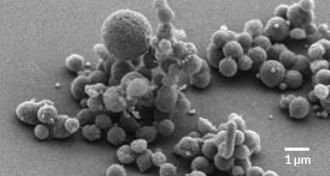 Genetics
GeneticsScientists build minimum-genome bacterium
Minimal genome organism reveals how much scientists don’t know about biology.
-
 Genetics
GeneticsZika may have flown to Brazil in 2013
The brand of Zika currently floating around the Americas traces its origins to Asia and may have arrived in Brazil by air as early as 2013.
-
 Humans
HumansPacific islanders got a double whammy of Stone Age DNA
Neandertal and Denisovan genes influence the health of present-day Melanesians.
By Bruce Bower -
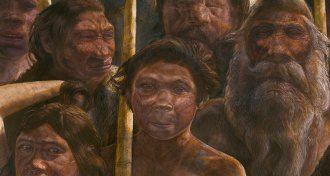 Anthropology
AnthropologyAncient DNA reveals who is in Spain’s ‘pit of bones’ cave
Ancient DNA shows Neandertals lived in northern Spain 430,000 years ago; the early date raises new questions about Neandertals’ origins.
By Bruce Bower -
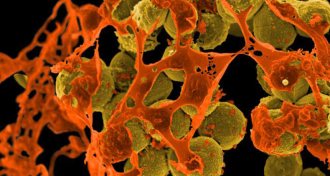 Health & Medicine
Health & MedicineMolecules found to counter antibiotic resistance
Molecules made in a lab can foil antibiotic resistance in bacteria.
-
 Genetics
GeneticsMissing genes not always a problem for people
Humans have ways to make up for missing genes, study suggests.
-
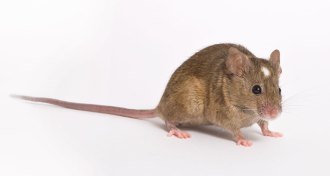 Genetics
Genetics‘Selfish’ DNA flouts rules of inheritance
R2d2 is selfish DNA that could skew scientists’ views of adaptation and evolution.
-
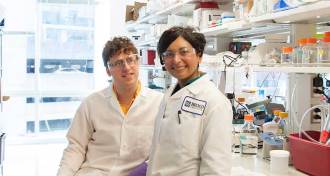 Genetics
GeneticsPrion disease gets personal
Diagnosis of a brain-wasting disease drove a married couple into science.
-
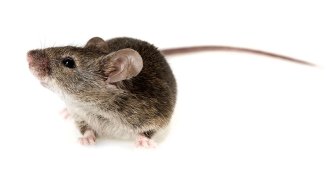 Genetics
GeneticsDads pass health effects of stress on to sons, mouse study finds
In mice, males exposed to repeated psychological stress developed high blood sugar — and so did their unstressed male offspring.
-
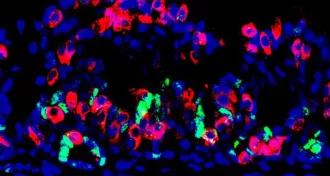 Health & Medicine
Health & MedicineMini-stomachs brew insulin in mice
Scientists transform stomach cells into insulin factories and grow mini-stomachs for diabetic mice.